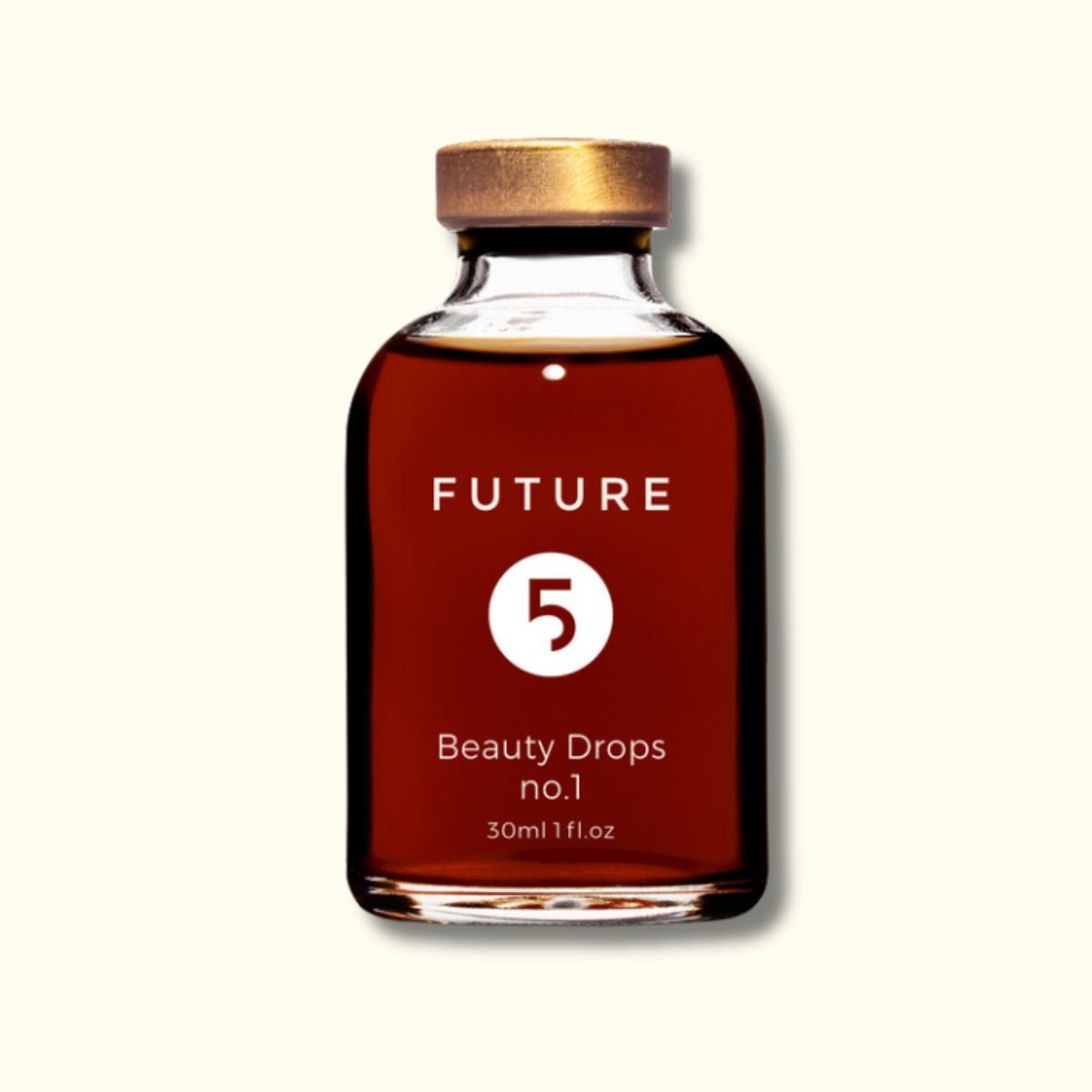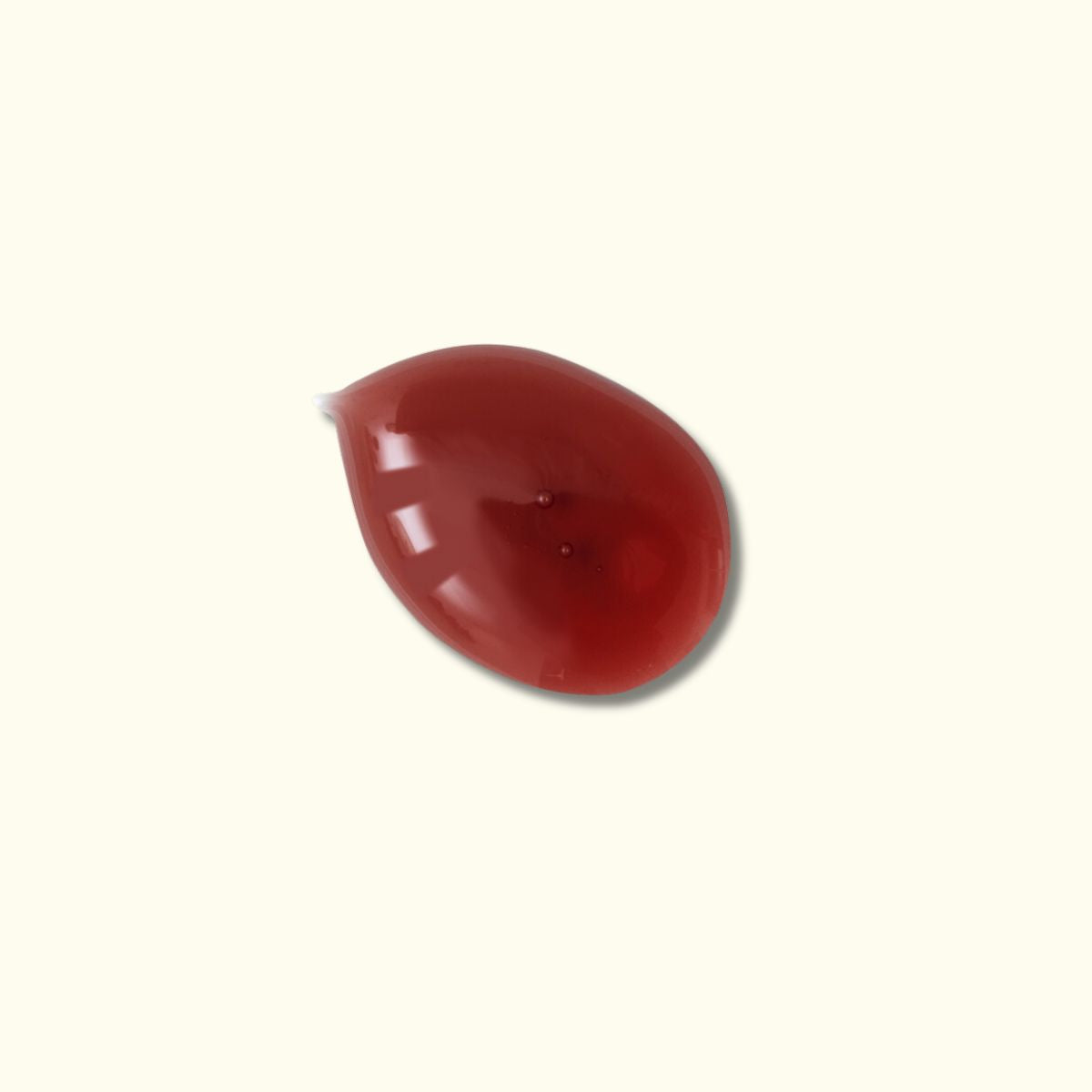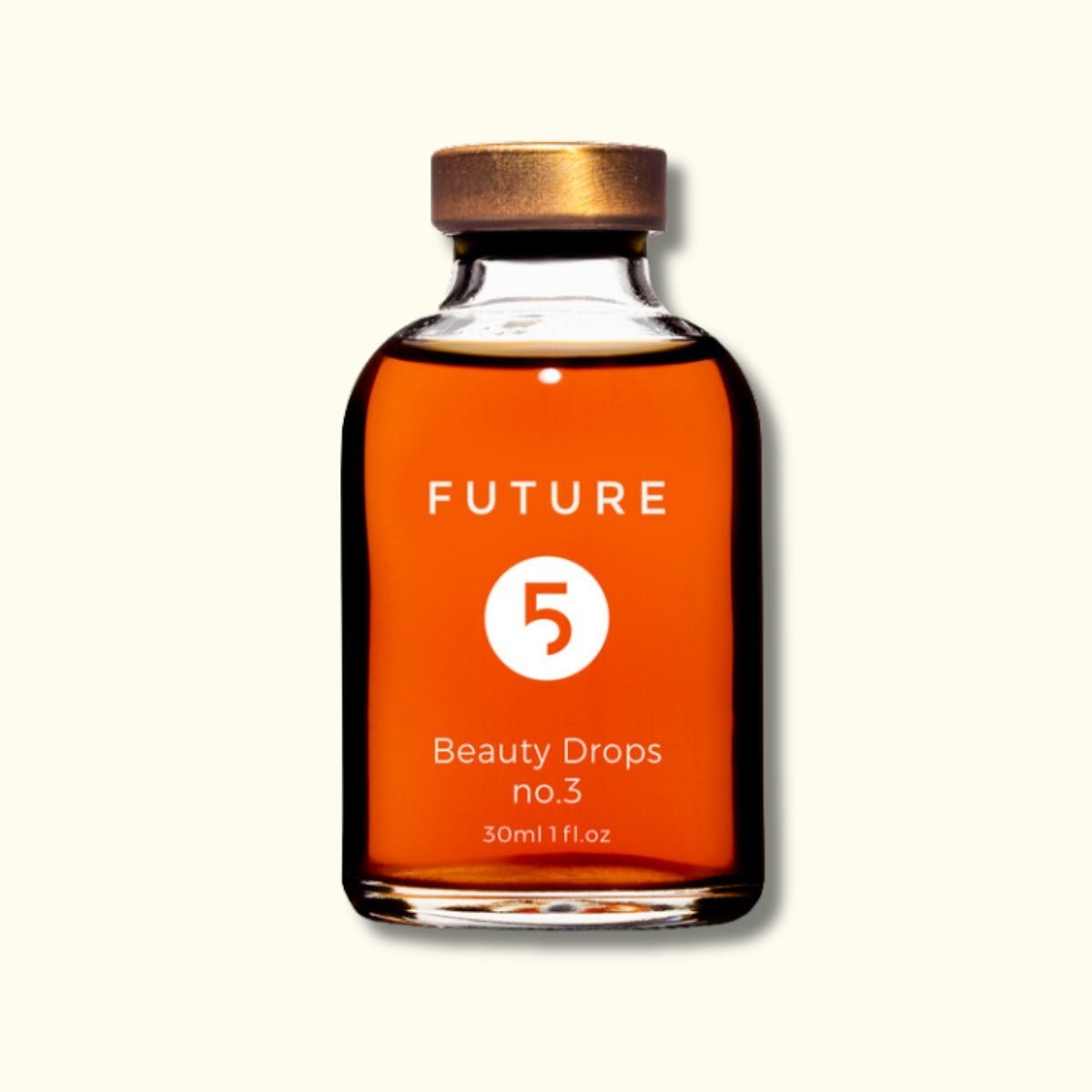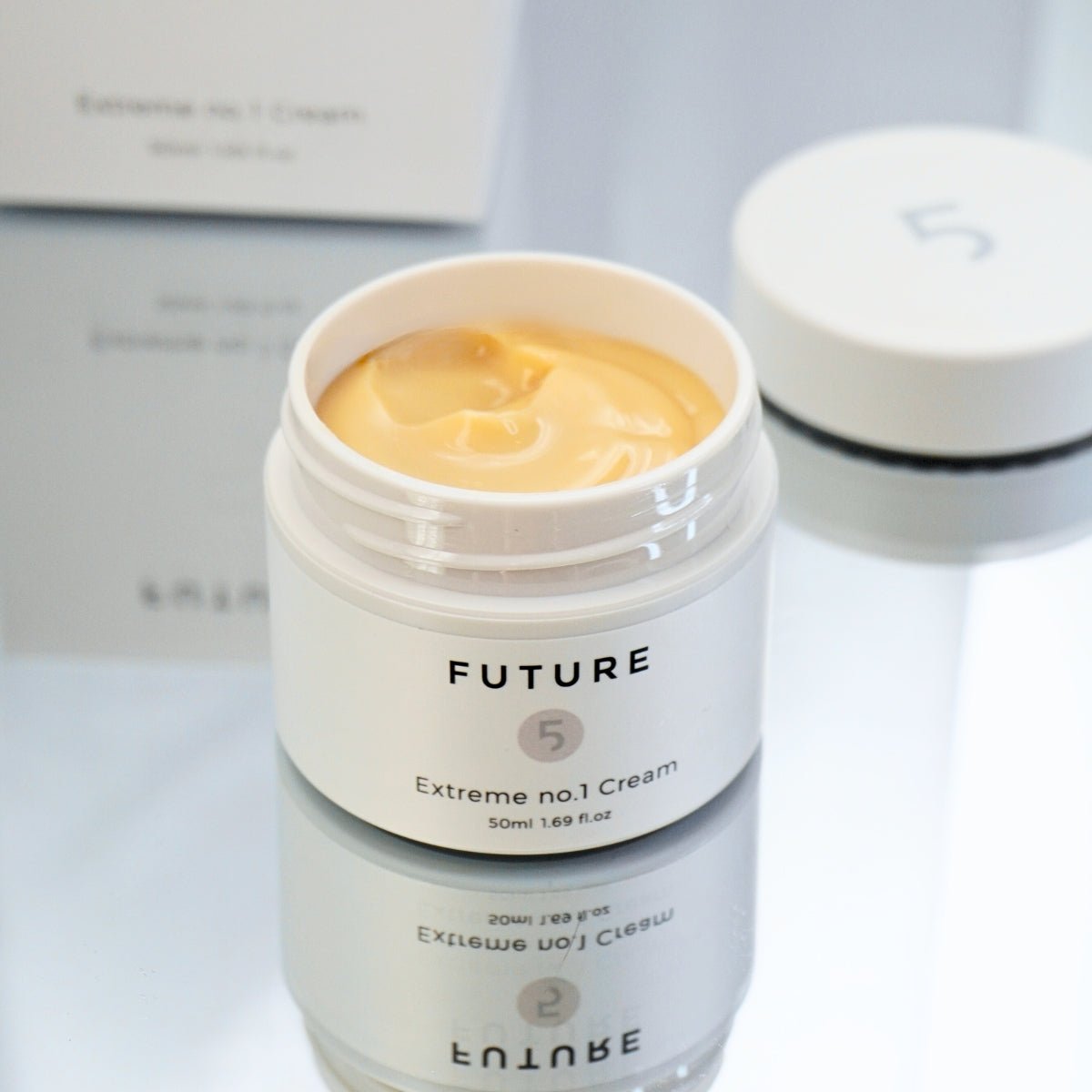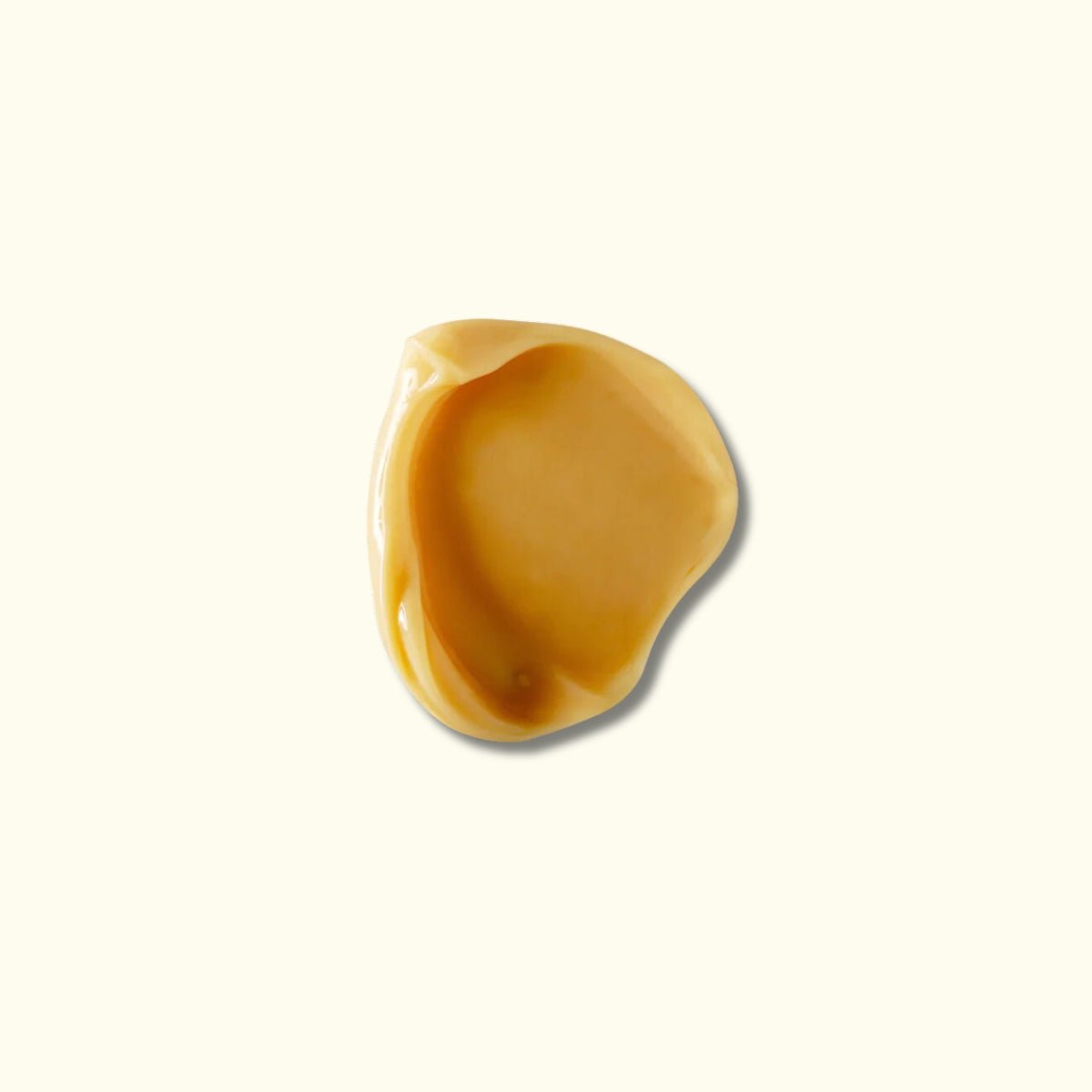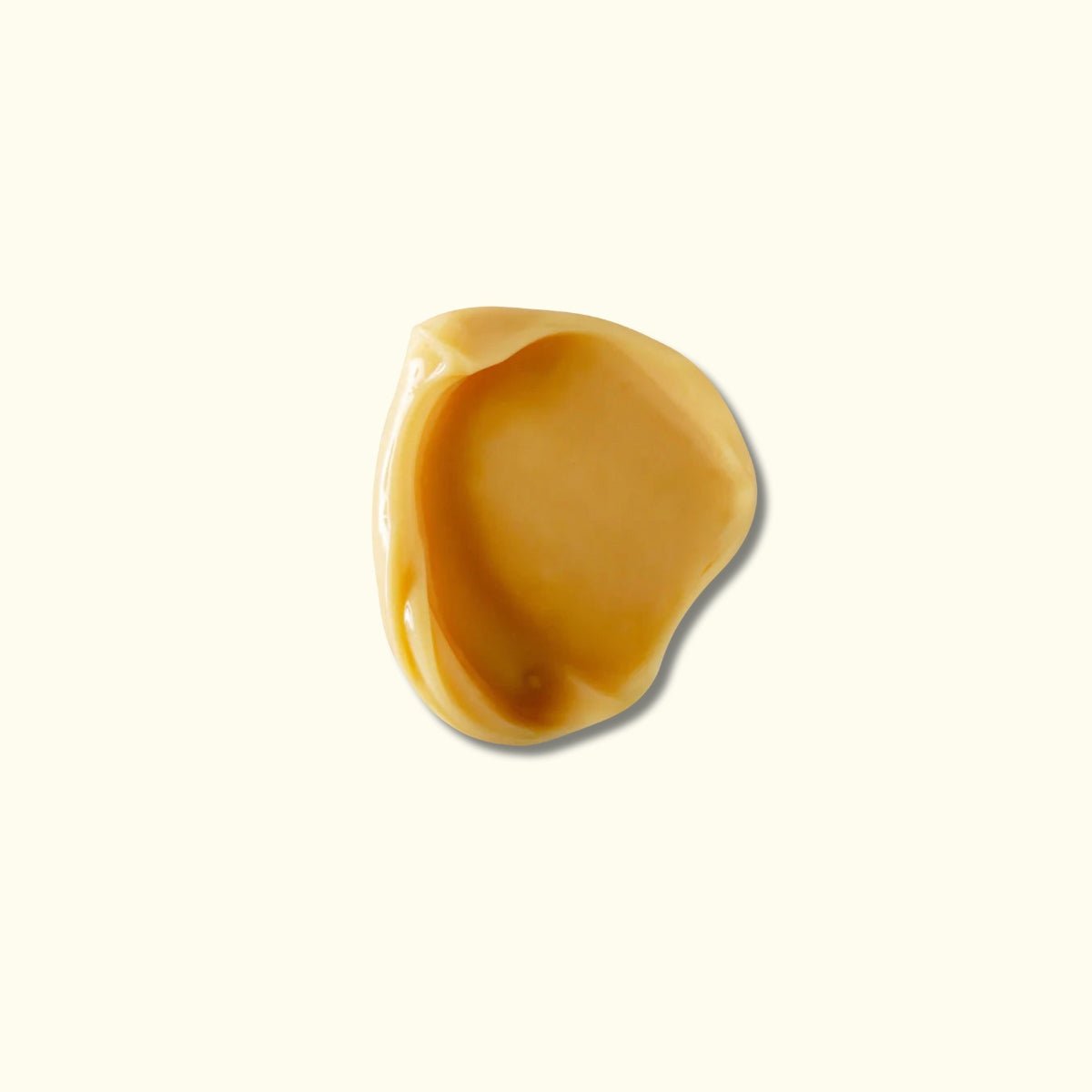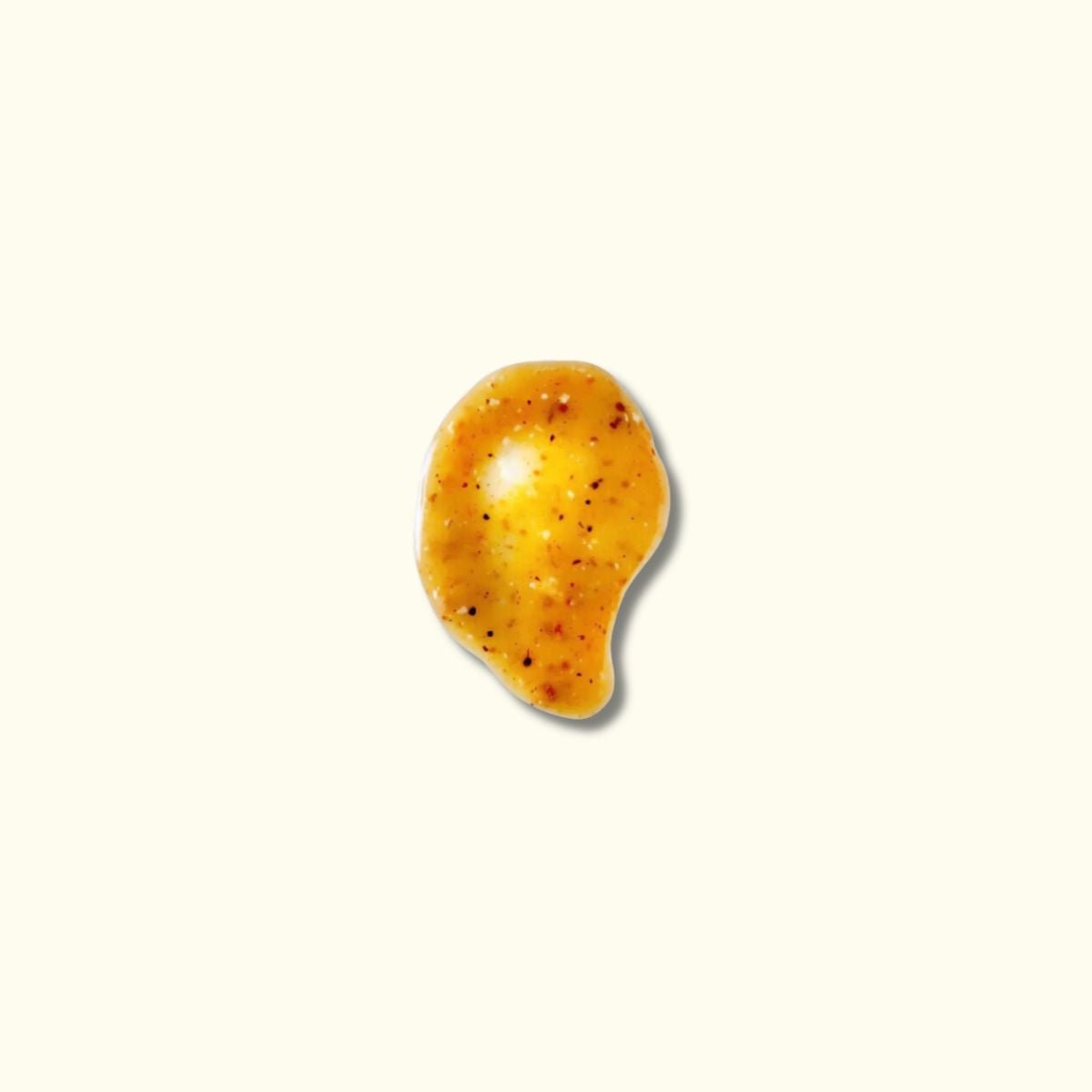What is Arnica?
Advantage
Ideal for these skin types
Possible side effects?
Frequently asked questions
Products with arnica
Future Cosmetics
Beauty Drops no. 1
Sale priceFrom 395,00 DKK
Future Cosmetics
Beauty Drops no. 3
Sale priceFrom 395,00 DKK
Future Cosmetics
Clear Make-up Remover
Sale priceFrom 165,00 DKK
Future Cosmetics
Extreme no. 1 Cream 50 ml
Sale price845,00 DKK
Future Cosmetics
Extreme no. 2 Cream 50 ml
Sale price845,00 DKK
Future Cosmetics
Extreme no. 3 Cream 50 ml
Sale price845,00 DKK
Future Cosmetics
Antioxidant & Peptide Eye Gel 15 ml
Sale price675,00 DKK
Future Cosmetics
Floral Lotion no. 2 150 ml
Sale price495,00 DKK



